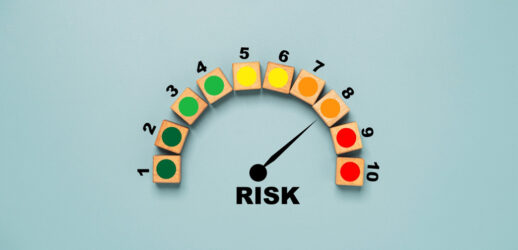Too often we fail to acknowledge all of the blessings in our lives. Whether it’s a challenging work week, unsolvable problem or hostile encounter, many things can provoke a negative spiral. It can be challenging for those in the meeting planning profession, but looking on the bright side really does pay off. Optimism has been shown to have a wealth of advantages for both physical and psychological well-being. A study conducted by Harvard School of Public Health found that having an optimistic attitude was the biggest predictor of improved heart health, leading to fewer heart problems such as cardiovascular disease. So rather than concentrating on the hurdles involved in event planning, let’s focus on the wonderful perks of this unique profession.
1. Embarking on travel adventures
Event planners are no strangers to airport terminals and hotel check-ins. Most of their time on the road will be spent in hotel rooms, airports and attending to business-related obligations. However, these travel experiences still have substantial value. Traveling to interesting places will inevitably lead to fascinating cultural exposure. Plus, bleisure travelers know that stays can always be extended, either before or after meetings and events.
2. Maintaining a sharp mind
Since event planners are always tasked with managing a million moving parts, their brains are definitely getting a workout. Tasks such as budgeting, risk management and working with a variety of shareholders can certainly pose productive challenges.
3. Mastering stress management
A heavy dose of stress and pressure are and unavoidable aspect of being a planner. After all, event coordinator consistently ranks in the top five of Forbes’ annual Most Stressful Jobs list. While it takes some people a lifetime to learn stress management, successful event planners have mastered the arts of maintaining work-life balance and other healthy habits.
4. Never getting bored
In general, event planners don’t do the nine-to-five, five days a week desk structure. Instead of repeating the same tasks each day, planners work in an environment that’s always changing. They might be in the office one day and off on a site inspection the next. Not to mention, there’s little room for repetition in a meeting professional’s work–there are always new projects to complete, people to meet, trends to follow and technology to learn about.
5. Getting opportunities to be creative
Although meeting planners often work in a corporate environment, creativity is still one of their most prized skills. From unique problem-solving strategies to artful event execution, planners are never short on opportunities to enact their creative minds.
6. Cultivating great people skills
This is both a prerequisite and a consequence of being an event planner. New meeting professionals learn quickly when they are forced to deal with angry attendees, act sociable even when exhausted, network at every turn, deftly negotiate contracts and more. After a few years in this job, every planner likely has extremely good people skills.
7. Measuring success in happiness
At the end of the day, event planners are responsible for organizing an enjoyable experience. In one of our quizzes, responses revealed that 44 percent of planners believe that everyone leaving happy is what makes an event memorable. Having such a gratifying measure of success is definitely something that’s worth appreciating.




